Método CITRA Vol.3
Estrategias de formación y capacitación sindical. Resultados preliminares de un relevamiento en organizaciones vinculadas con CITRA
En este documento se presentan los resultados preliminares de una investigación en curso sobre estrategias de capacitación y cambios en el proceso de trabajo. Recuperando algunas demandas y preocupaciones de sindicatos vinculados al CITRA, un equipo de investigadores elaboró una propuesta para estudiar la problemática de la innovación y el cambio tecnológico utilizando como proxy las capacitaciones ofrecidas por los gremios. Esta propuesta se tradujo en un Proyecto de Investigación Orientado (PIO) financiado por el CONICET y la UMET para que el estudio pueda desarrollarse.
Se llevó a cabo durante el año 2017 un relevamiento en 29 organizaciones sindicales.
Este informe se dedica al análisis cuantitativo de los datos obtenidos. En función de una tipología de cursos de capacitación elaborada por el equipo de investigación (que incluye Formación Profesional, Cursos Culturales, Sociales o Artísticos, Capacitación Gremial y/o Política, Formación para Otros Oficios y Cursos en Educación), se describen en este informe las características de las estrategias de formación implementadas por los sindicatos, haciendo particular hincapié en los intereses o motivaciones implícitos en el dictado de cada tipo de curso.
Abstract
This document presents the preliminary results of an ongoing research on training strategies and changes in the work process. Recovering some demands and concerns of unions linked to CITRA, a team of researchers developed a proposal to study the problem of innovation and technological change using as a proxy the training offered by the unions. This proposal was translated into an Oriented Research Project (PIO) funded by CONICET and UMET so that the study could be developed.
A survey was carried out in 29 trade union organizations during the year 2017. This report is devoted to the quantitative analysis of the data obtained. Depending on a typology of training courses prepared by the research team (which includes Vocational Training, Cultural, Social or Artistic Courses, Trade and / or Political Training, Training for Other Trades and Courses in Education), it is described in this report the characteristics of the training strategies implemented by the unions, with particular emphasis on the interests or motivations implicit in the dictation of each type of course.


